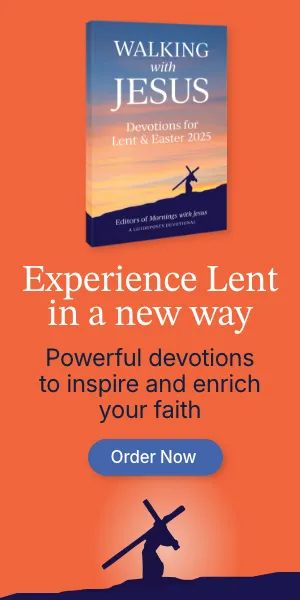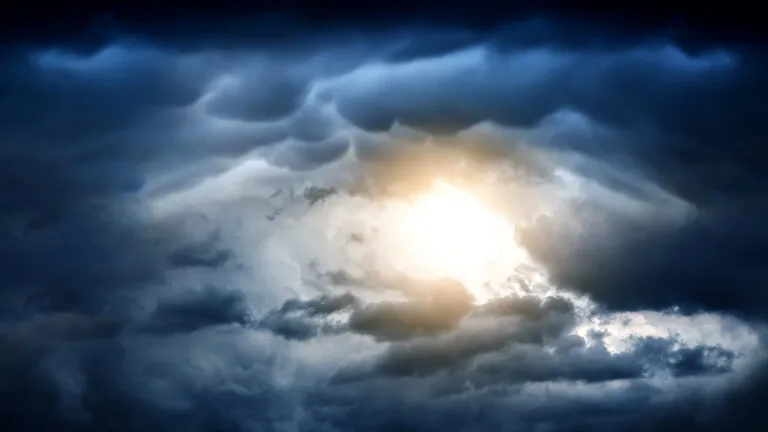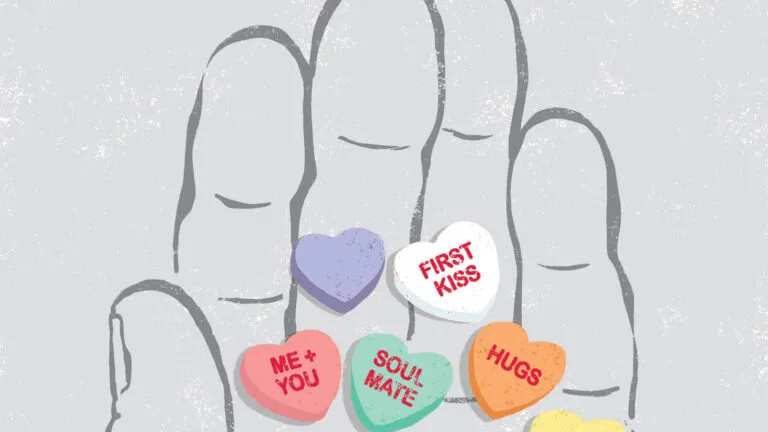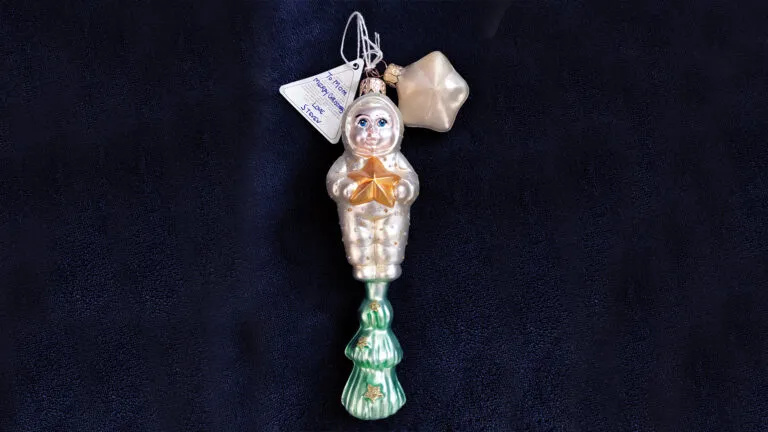Lenora was dying.
She was 54 and had inoperable cancer. She lay in bed on pillows surrounded by fragrant flowers. The two of us were alone in her room.
Lenora’s family was gathered at her house. Suddenly she addressed me sternly.
“Ms. Nurse,” she said, pointing to a corner of the room, “this big angel comes and stands by my bed. Right there. He’s always smiling at me.” She fixed me with a look. “Ms. Nurse, when I see that angel, do you really think I see that angel?”
Something in Lenora’s tone told me she’d already tried convincing her family about this angel. Years before, when I first started working as a hospice nurse, I might have hesitated answering her question. I knew all too well the effects of medication and exhaustion on a dying brain.
That day, though, I knew exactly what to say. I knew, because years of working with people at the end of their lives had taught me a new, more hopeful and, I believe, more truthful understanding of death. I knew Lenora was seeing more, not less, than the rest of us.
“Yes, you do see that angel, Lenora. He’s right here in the room with you.”
I never planned to become a hospice nurse. In fact, when I entered nursing school in the 1950s, there was no such thing as hospice, the formal program of care for terminally ill people.
As a nurse I wanted to comfort people and save lives, not be there when they ended. If you’d asked me then, I’d probably have said what countless people have said to me over the years: “How depressing to deal with death every day!”
But it isn’t depressing. On the contrary, I mark the day I started work with hospice more than 20 years after I graduated nursing school as the beginning of my real education, an education in hope and joy.
I’ve learned that death is not to be feared. In God’s loving hands it’s the door to peace and everlasting life.
Discover Books with Inspiring Stories of Heaven and the Afterlife
My calling came about almost by accident. I worked for a while for a surgeon until I got married and had kids. I took a break from my career. Then my beloved father-in-law–we called him Grandfather–called one day with the news that he had pancreatic cancer.
He didn’t have long to live. He and his wife, worried about coping on their own, asked if they could stay with us. Of course.
Soon after Grandfather and Grandmother arrived, I was running errands when I saw a sign for the local hospice organization, started by a minister and a nurse named Paul Brenner and Dottie Dorion. I went in. “I don’t know exactly what you do here, but I think I need you,” I said to Dottie.
Soon, Dottie was helping care for Grandfather, ensuring he was comfortable and spiritually and emotionally prepared for what was happening to him. After he died, Dottie took me aside.
“You’re a born hospice nurse,” she said. “I watched you caring for your father-in-law. You don’t seem to have that fear of death some people have. We’d love to have you as a volunteer.”
I wasn’t sure what to say. True, I was comfortable caring for people at the end of their lives. I’d done it for my dad and for a neighbor named Mary Anne. But they were people I knew.
Dottie was telling me I had a gift. Finally I agreed to volunteer. I had the time now that the oldest of my sons was at college and my husband was traveling less for work.
At once I knew I’d found my calling. Not just because it felt good working again. Not even because I took to helping people in their last days.
I knew hospice was my calling because almost from the day I started, I met people who showed me just how thoroughly I had misunderstood death. I came to understand the joy God has prepared for his children.
Consider one of my patients, Frank, a 68-year-old father dying of lung disease. One day Frank said to me matter-of-factly, “John is here with me now. Can you see him? He’s by the chair.” He meant his son, John, who’d been killed years before in Vietnam.
Startled, I said I couldn’t see John. “What does he look like?” I asked.
“He looks wonderful in his uniform,” he said. “He says it’s time for me to go.” A few nights later Frank died in his sleep.
Then there was Hank who, the day before he died, told me he’d just had a visit from his son Shawn. Shawn was in prison and couldn’t have visited Hank in body. But Hank was adamant. “I needed to tell him I forgave him and loved him,” Hank said with perfect lucidity.
I began to see a pattern in my work. The closer my patients came to dying, the more their eyes and spirits seemed to open to a reality I only glimpsed dimly. One after another, patients recounted not just visits from absent loved ones but an extraordinary awareness of God’s presence.
Strengthen Your Faith with Free ebooks on Prayer, Bible Study and More
Sins they’d agonized over for years suddenly felt forgiven. Grievances they’d spent a lifetime nurturing vanished in a rush of reconciliation. Even unbelievers unaccountably yearned for God, questioning or arguing with me about my faith, until all at once they began praying.
Slowly it dawned on me that death is an ending only for those of us still wrapped up in the story of our own earthly lives. From the perspective of the dying, death is a strange and wonderful beginning, a threshold to some new and more beautiful world.
“Love must be like this, and it must be good,” a patient named Robin once told me. Robin was only 34. As death drew near, he focused ever more on his family gathered around him. He realized their love was a reflection of an even greater love awaiting him. The approach of death opened his eyes.
It has opened my eyes too. I remember when Grandfather was dying. One day we were sitting looking out the window. He turned to me and asked, “Who is that man standing there by the lake?”
“It’s the weeping willow tree,” I said.
“I see the tree,” he said with a smile. “I mean the man standing underneath. Who is he?” I saw no one and in those early days I had no idea what Grandfather might be referring to.
That evening, though, I told my youngest son what Grandfather had said. “Do you think he saw Jesus?” my son, who was 10, asked.
I put the same question to Grandfather at bedtime. “Yes, dear, why?” he replied. He died a few hours later.
I believe all who die yearning for God see a wondrous presence as Grandfather did, someone who welcomes them from this life into the next.
Thanks to my patients, I’ve been able to catch glimpses of that man under the willow tree, glimpses of heaven while I’m here on earth. There can be no greater hope than that.
Read more stories about heaven and the afterlife.





